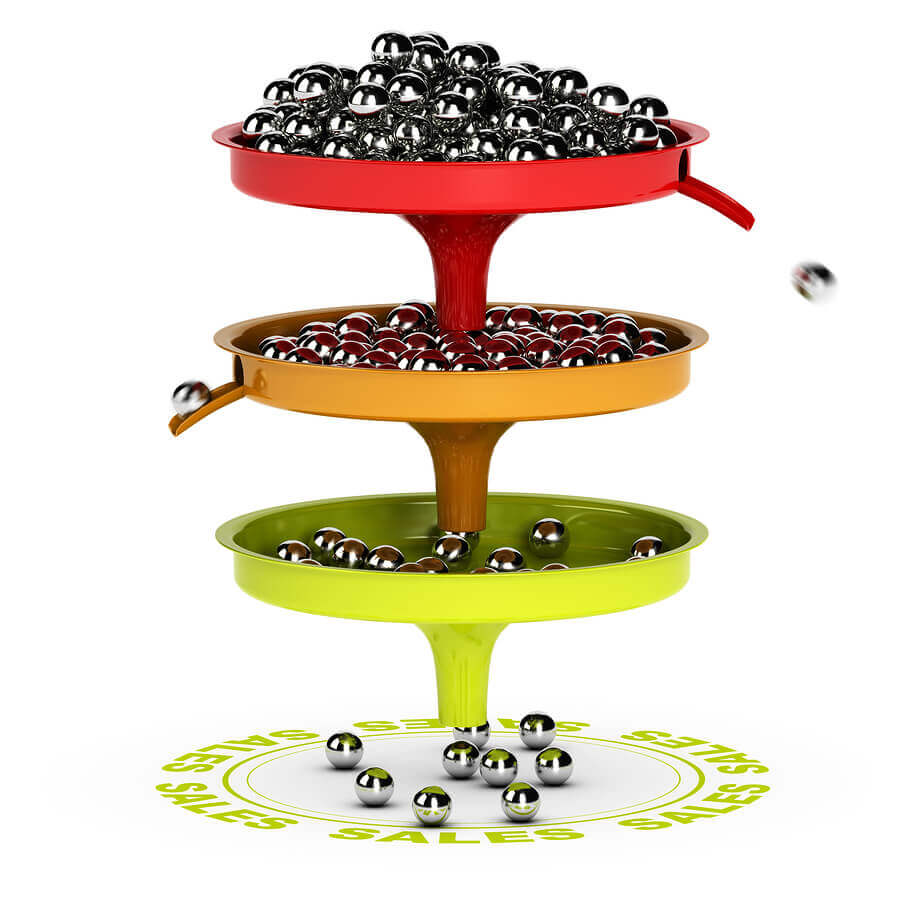
Technology that statistically calculates tailored ancillary products for hotels can improve the experience while driving revenues, but could this apply to airlines too?
Using big data analytics to sell more customer specific ancillary products, is what hotels should be focused on, Jerry Joyce, senior vice president at marketing intelligence agency Wiland and sponsor of EyeforTravel events told an audience in Atlanta earlier this year.
By doing so, hotels can help check-in agents address the most likely needs of their customers while driving incremental revenue; the idea being that they offer a larger room or a voucher for a drink based on calculated individual probabilities. For example:

One of the most important results of this is that it gives the front-line new focus. With the proliferation in ancillary options and associated fees, it can be overwhelming for both customers and employees. By offering customers a more personalised set of options – that add value to that individual customer – the customer experience can dramatically improve, even while the hotel gains more revenue.
Wiland’s argument is that the one-on-one interaction between the check-in agent and the customer is already too long and making it longer can just annoy customers – especially if there is discussion around unwanted services. So its technology specifically limits the number of recommended amenities for each customer; the agent is provided the most value-added options for possible discussion and sale.
Note that this is not actual personalisation. Instead of relying on actual individual purchase behaviour – which is often limited – Wiland compares individual characteristics with other travellers and correlates purchase behaviour across the newly defined segment. The statistically based Wiland approach is based on market segmentation: what characteristics define the highest probability ancillary purchasers?
Airline application
This concept has possible implications for airlines too.




